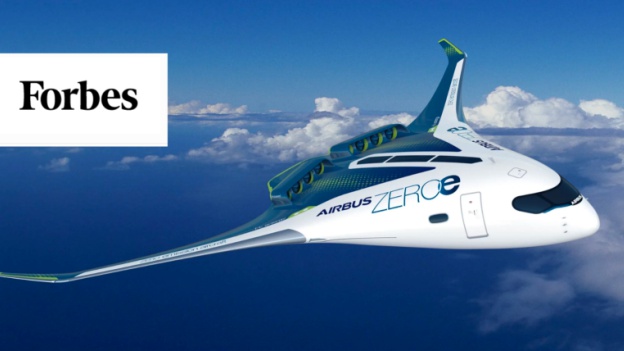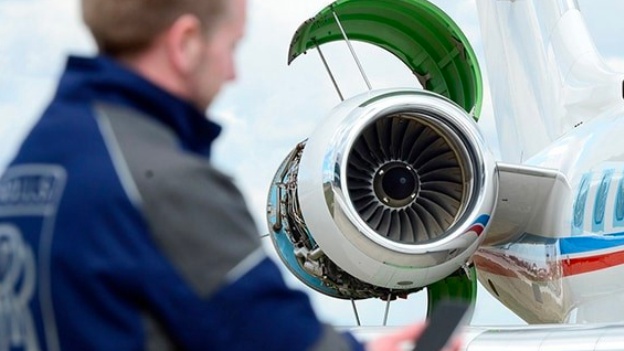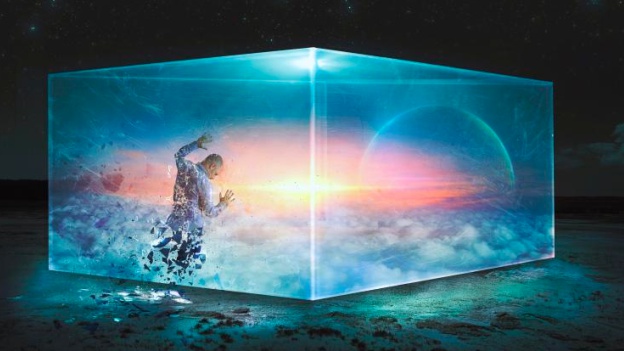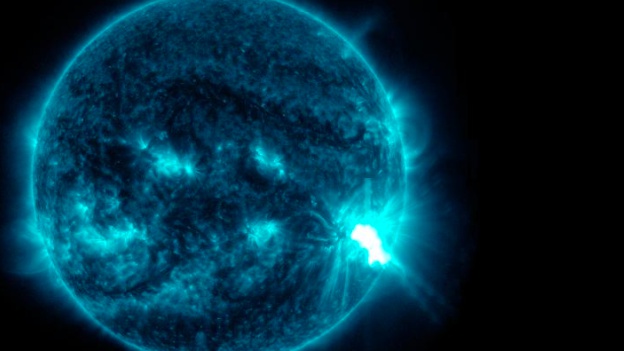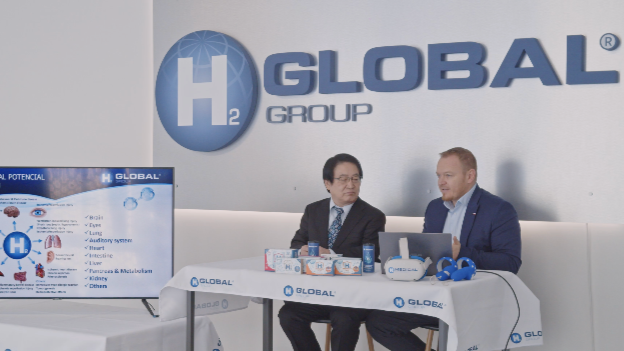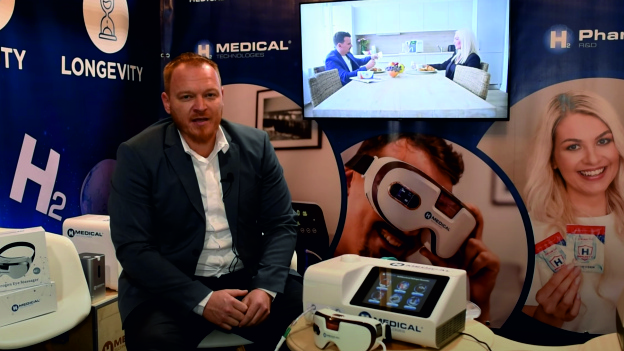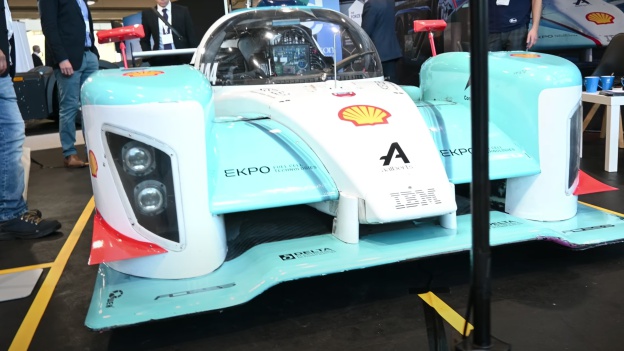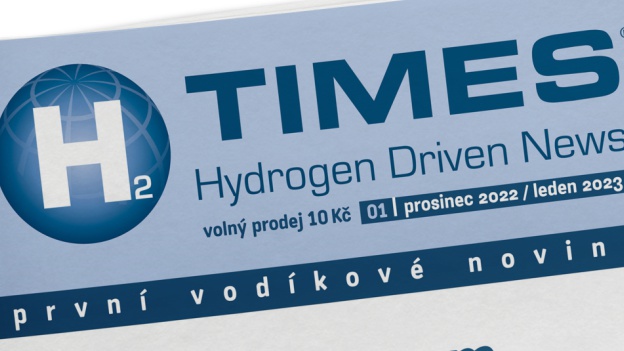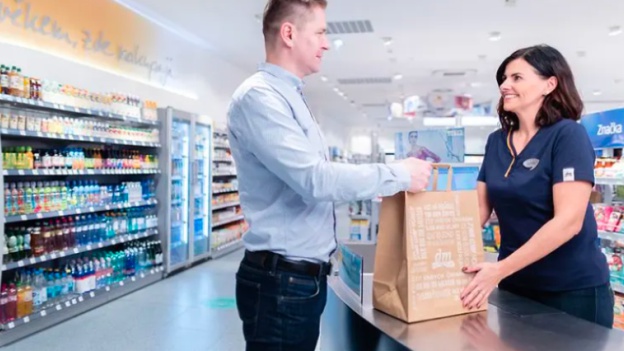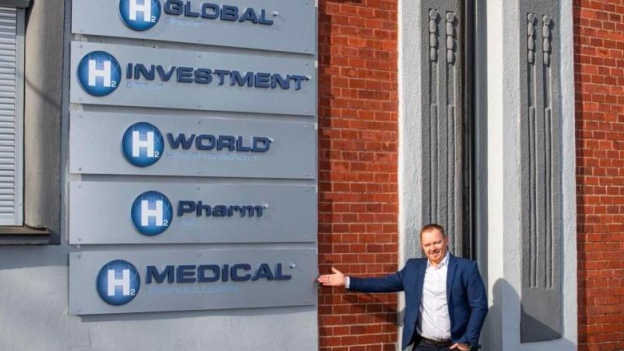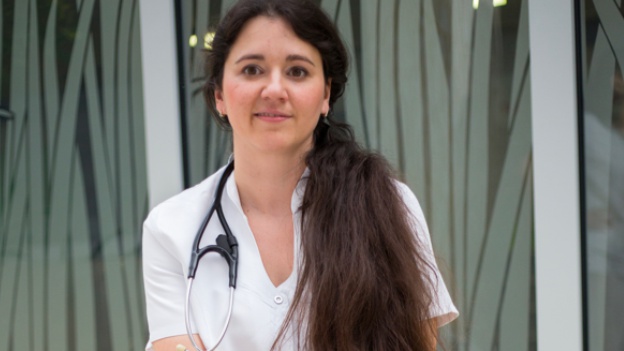Hypoxic-ischemic encephalopathy (HIE) is a serious problem, especially in newborns, and is associated with a lack of oxygen to the brain, which can have devastating consequences, including long-term neurological problems and even death. The research team has focused on an innovative treatment approach that uses hydrogen water to combat HIE and is investigating its effect on specific biomarkers associated with the disorder.
HIE is a global problem, particularly in developing countries, and results from a lack of oxygen in the brain that causes brain damage. Inflammation plays a key role in the development of HIE and can cause significant damage to nerve cells. Researchers have focused on biomarkers such as neuron-specific enolase (NSE), interleukin-6 (IL-6) and tumor necrosis factor-α (TNF-a) that are indicative of the severity of this disorder.
Despite various attempts to treat HIE to date, current therapies are often expensive, controversial and often have limited efficacy. Therefore, the identification of new, effective and targeted therapies is crucial to improve outcomes in affected neonates.
Hydrogen water has emerged as a promising therapeutic agent due to its potent antioxidant properties that allow it to neutralize harmful free radicals in the body without side effects. Previous studies suggest that hydrogen water may also be effective for other health problems such as senile dementia or cardiovascular disease.
A study conducted since 2014 at Taishan Medical University Hospital in China demonstrated the positive effects of hydrogen water in the treatment of HIE. A retrospective analysis of this study revealed that patients treated with hydrogen water showed significantly lower serum levels of biomarkers NSE, IL-6 and TNF-a, suggesting a protective effect of hydrogen water and its potential to improve outcomes in affected newborns.
The researchers highlight that HIE is a significant health problem, particularly in developing countries, and hydrogen water could represent a valuable addition to HIE treatment protocols, offering a cost-effective and safe alternative to existing therapies. However, further research is necessary to fully understand its potential and efficacy in clinical settings.
Hydrogen water can be generated in hospital settings using hydrogen generators or using bottled water saturated with molecular hydrogen. The Czech leader in hydrogen technology is H2 Medical Technologies of the H2 Global Group. The company has a wide range of devices for home and professional use in its portfolio, both for the creation of hydrogen-rich water and for the inhalation of molecular hydrogen. Another subsidiary of H2 Global Group, H2 Pharm, is the creator of the first Czech bottled hydrogen water with high dissolved hydrogen content, H2 Premium Hydrogen Water.
Source: https://www.ncbi.nlm.nih.gov/pmc/articles/PMC5329859/
Photo: created by AI












